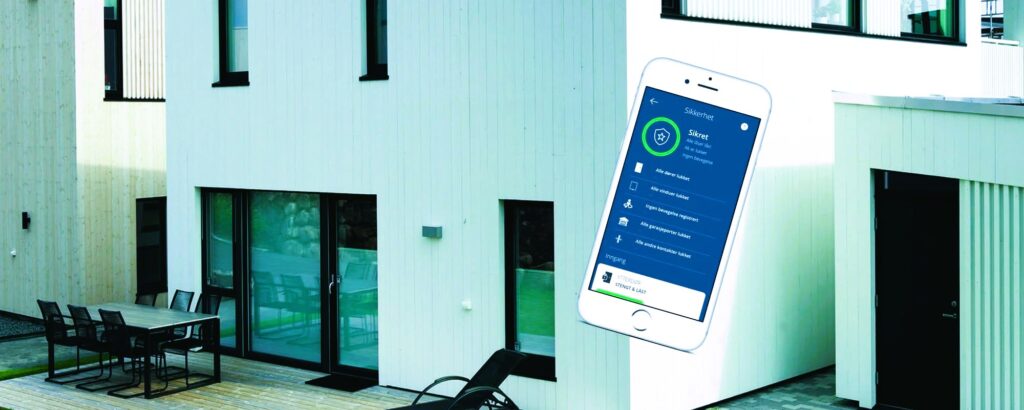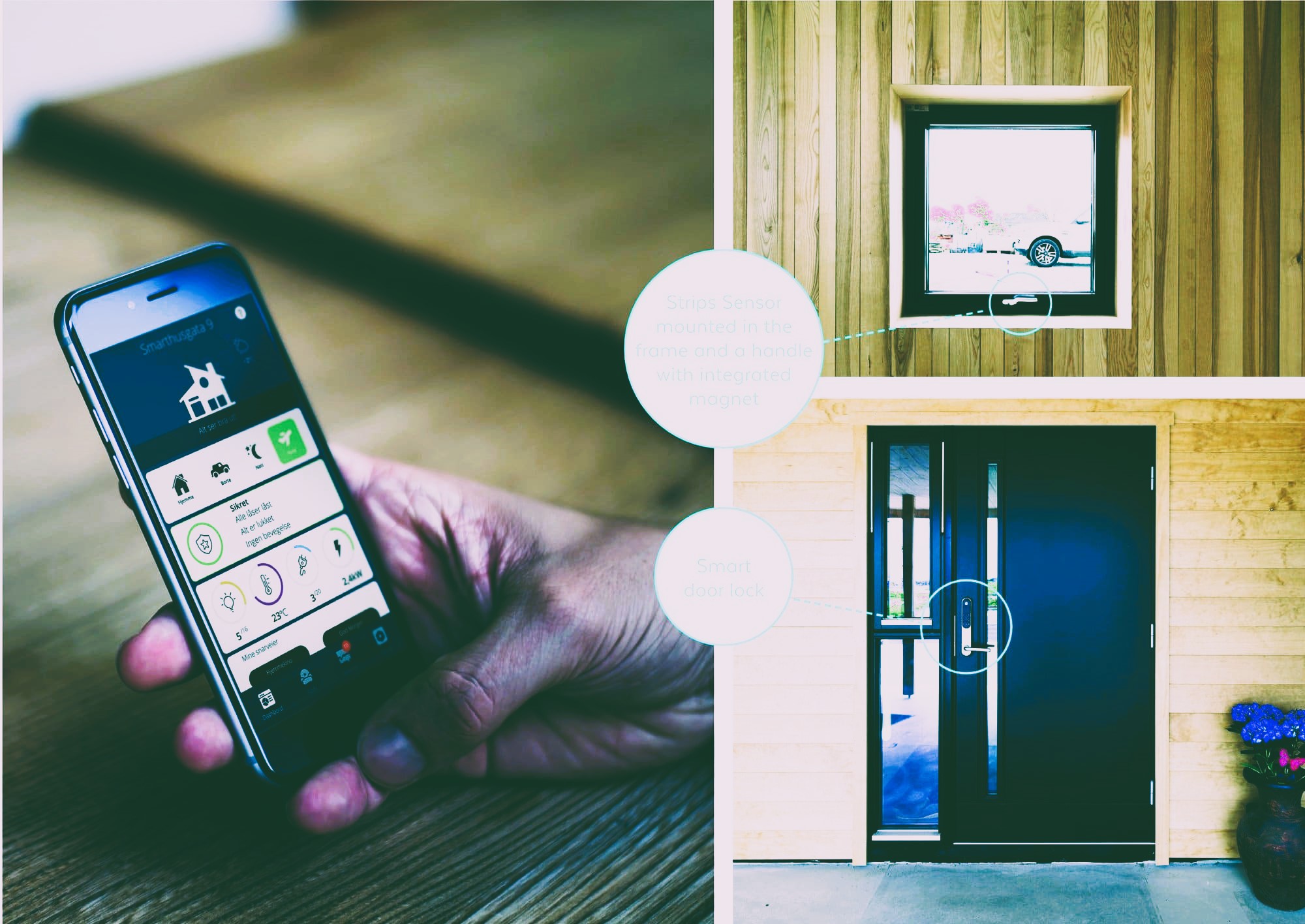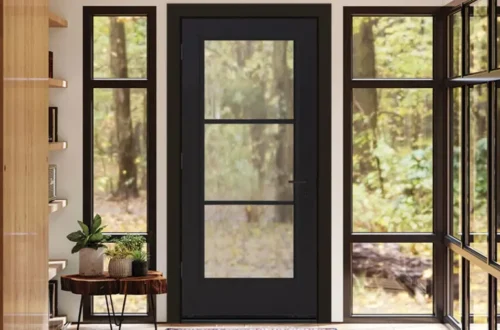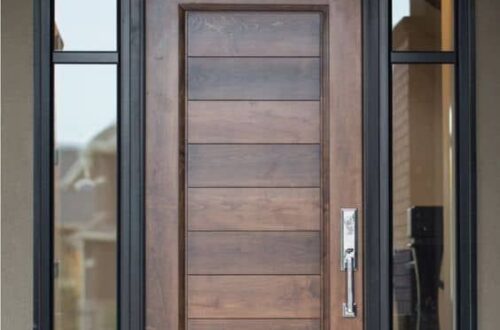In an era of rapid technological advancement, our homes are becoming smarter and more efficient. From smart thermostats to voice-activated assistants, technology has found its way into nearly every aspect of our daily lives. One such innovation is smart windows, which are revolutionizing the way we think about our living spaces. In this article, we will explore the world of smart windows, their benefits, and how they can transform your home into a more comfortable, energy-efficient, and convenient environment.
Understanding Smart Windows
Smart windows, also known as switchable or dynamic windows, are designed to dynamically adjust their properties to control the amount of light, heat, and glare that enters your home. These windows use innovative technologies to respond to environmental conditions, user preferences, or automation systems.
Key Benefits of Smart Windows

- Energy Efficiency: Smart windows are a key component of an energy-efficient home. They can be programmed to block or allow sunlight, reducing the need for artificial lighting and heating or cooling systems. This leads to significant energy savings.
- Comfort: By allowing you to control the amount of natural light and heat that enters your home, smart windows can help create a more comfortable indoor environment. They can minimize glare, reduce solar heat gain, and regulate indoor temperatures.
- Privacy: Smart windows can switch from clear to opaque or tinted, providing privacy when needed. This feature is particularly useful for bedrooms, bathrooms, and ground-level spaces.
- UV Protection: Many smart windows can block harmful ultraviolet (UV) rays while allowing visible light to pass through. This protects your furniture, flooring, and artwork from fading and sun damage.
- Convenience: Smart windows can be controlled through various methods, including remote controls, smartphone apps, voice commands, and automation systems. This level of control enhances convenience and simplifies your daily routine.
- Aesthetic Appeal: Smart windows can contribute to the aesthetics of your home. They offer a sleek and modern look, with no need for traditional blinds or curtains. Canadian winters and patio doors: how to protect yourself from the cold, read more in our article.
How Smart Windows Work
There are several technologies used in smart windows. The most common types include:
- Electrochromic Windows: These windows use an electrochromic layer to change their opacity in response to an electrical voltage. When voltage is applied, the window darkens; when it is removed, the window becomes clear.
- Photochromic Windows: Photochromic materials change their properties in response to light exposure. When exposed to UV or visible light, these windows tint or darken.
- Thermochromic Windows: These windows change their opacity based on temperature. They can block or allow sunlight based on the outside temperature.
- Suspended Particle Devices (SPD): SPD technology uses suspended nanoparticles within the window to control its opacity. An electric current aligns these particles to control light transmission.
Integrating Smart Windows into Your Home

Integrating smart windows into your home is a straightforward process. Here are the steps to consider:
- Assessment: Begin by assessing the areas where you want to install smart windows and identify your goals, whether it’s energy savings, comfort, or privacy.
- Technology Selection: Choose the type of smart window technology that aligns with your preferences and requirements.
- Professional Installation: Smart windows should be installed by experienced professionals to ensure proper functionality and integration with your home’s automation systems.
- Control System: Determine how you will control your smart windows. This may involve using a remote control, smartphone app, voice assistant, or automation system.
- Programming: Set up the desired parameters for your smart windows, including preferred tint levels, schedules, and automation scenarios.
In Conclusion
Smart windows offer a range of benefits that can significantly enhance your home. They provide energy efficiency, comfort, privacy, UV protection, convenience, and aesthetic appeal. As technology continues to evolve, smart windows are becoming more accessible and affordable, making them an excellent investment for homeowners looking to upgrade their living spaces.
For more information on building standards and regulations in Canada, you can refer to Wikipedia. These resources provide valuable insights into construction and safety standards that may impact your smart window installation.





